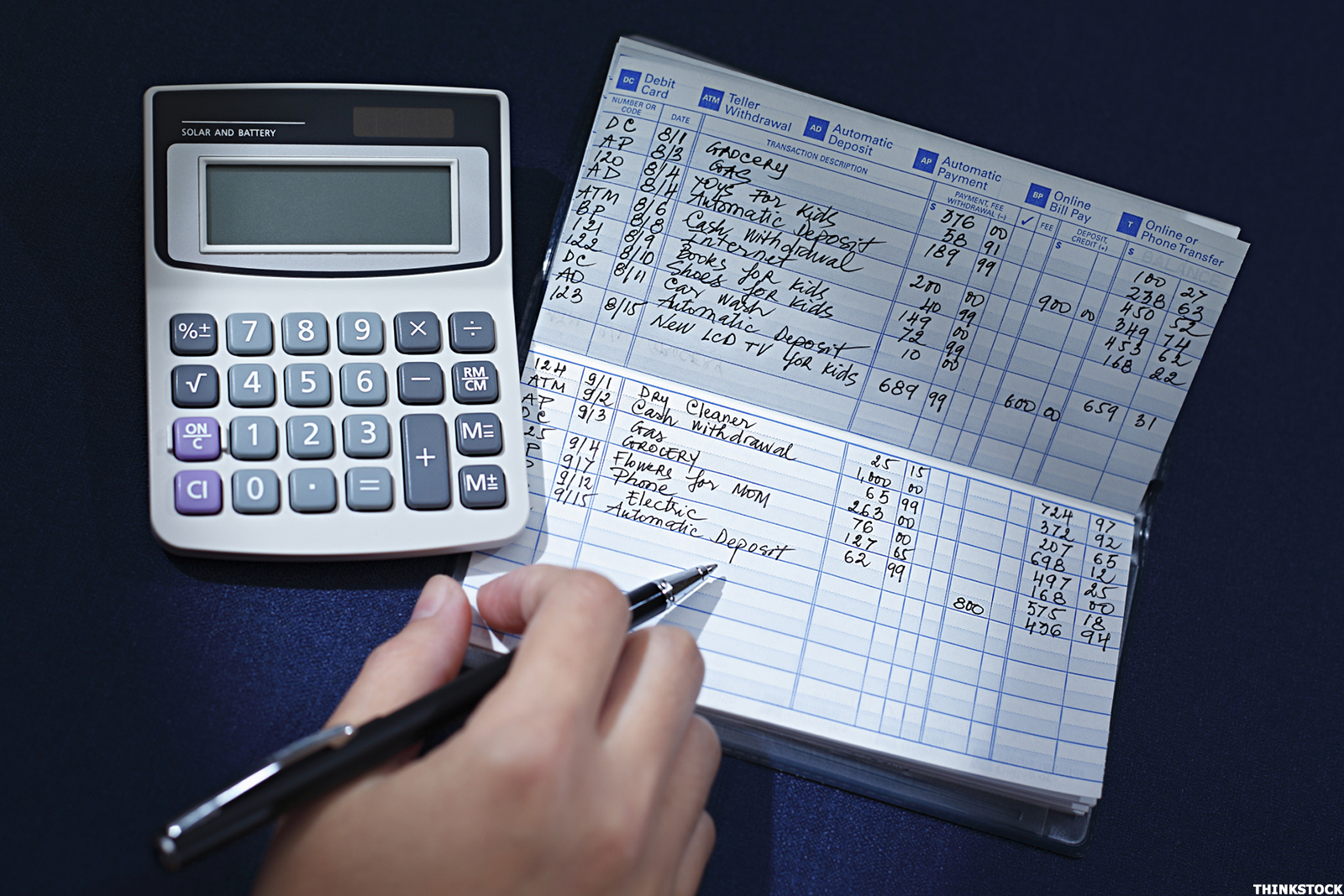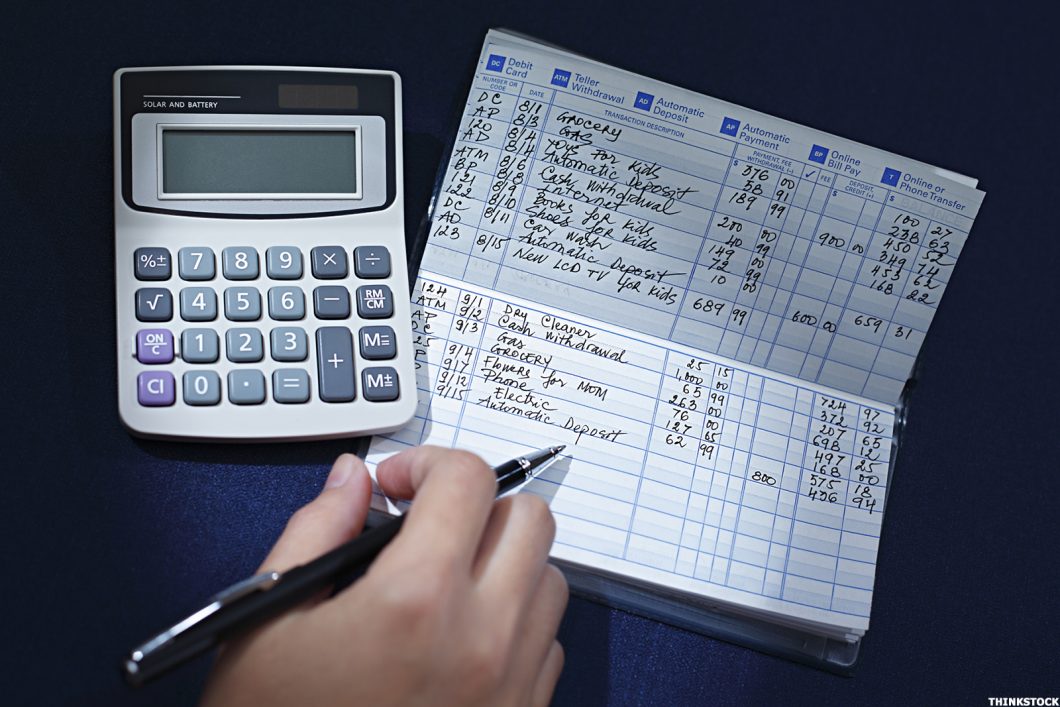For the average person, it can be a little confusing trying to figure out what exactly accountants do. It’s understood that accountants perform financial tasks for a company, but what those tasks are isn’t immediately apparent for someone without a business degree. Accounting is often painted as a boring occupation, and accountants’ nicknames – such as “bean counter” and “number cruncher” – don’t do much to help. While accounting certainly isn’t a career path for everyone, it is a far more vibrant profession than it’s often given credit for.

Accountancy (better known as accounting) is an important component of any successful business. Just like good managers and top-level executives, accountants are a necessary part of making sure things run smoothly. More specifically, the accounting department is tasked with the difficult job of keeping a company’s finances in order. This means maintaining company financial records, managing salaries, and even watching out for crimes like embezzlement. Careful accounting ensures that bills are paid on time, incoming cash is recorded, and profits are shared with company stockholders.
At its simplest, accounting is the process of keeping financial records. Without realizing it, most adults perform some accounting on a regular basis. Balancing a checkbook is the most basic form of accounting. Incoming money (such as paychecks) are added to your bank account balance, while bill payments and other spent money is deducted. When you balance your checkbook, you not only keep a record of what is earned and spent, but you then also know how much money remains in your account. Understanding the amount of money you have left to pay bills, make investments or otherwise spend then influences your future financial decisions. If you only have $30 left after paying your rent, spending $50 on groceries – and incurring a bounced check fee – might not be a good idea.
Accounting for a company’s financial transactions does more than just record cash flow. It can also measure whether a company is earning a profit, how much it costs to run a factory, or how much of the company is owned by investors at any given time. Within the company itself, this information can be used to determine whether the right financial choices are being made. Outside a company, accounting records such as the company’s balance sheet helps external entities – such as the government or potential stock investors – see how the company is performing. Companies, especially those small ones, who cant afford to have their own accounting department resort to outsourced accounting services. This is one of the cost effective ways to manage their finances without spending capital expenditures and maximizing their resources.
In addition to the basic reporting of a company’s financial transactions, there are also several specialized types of accounting. Many accountants work exclusively on taxes, offering their services as a CPA (certified public accountant) or within government agencies like the Internal Revenue Service. Accountants can also work for the government or private firms to investigate financial mismanagement, fraud or embezzlement. Sometimes known as fraud examiners or forensic accountants, these accountants can help companies or individuals trace lost or mismanaged funds.

As long as we deal in currency, there will always be a need for accountants. By recording, reporting and tracking financial transactions, these professionals literally ensure that the bills get paid. This makes it possible for businesses of all sizes to not only make a profit, but also to make smart financial choices with the money they earn.

